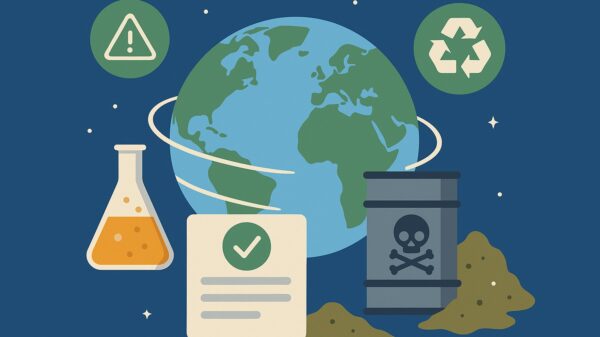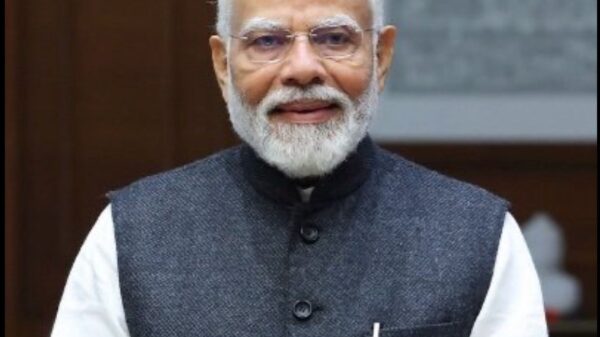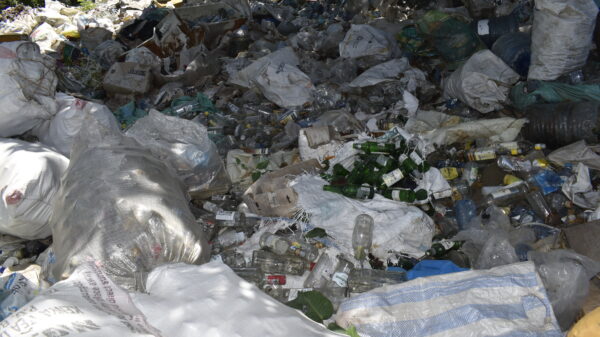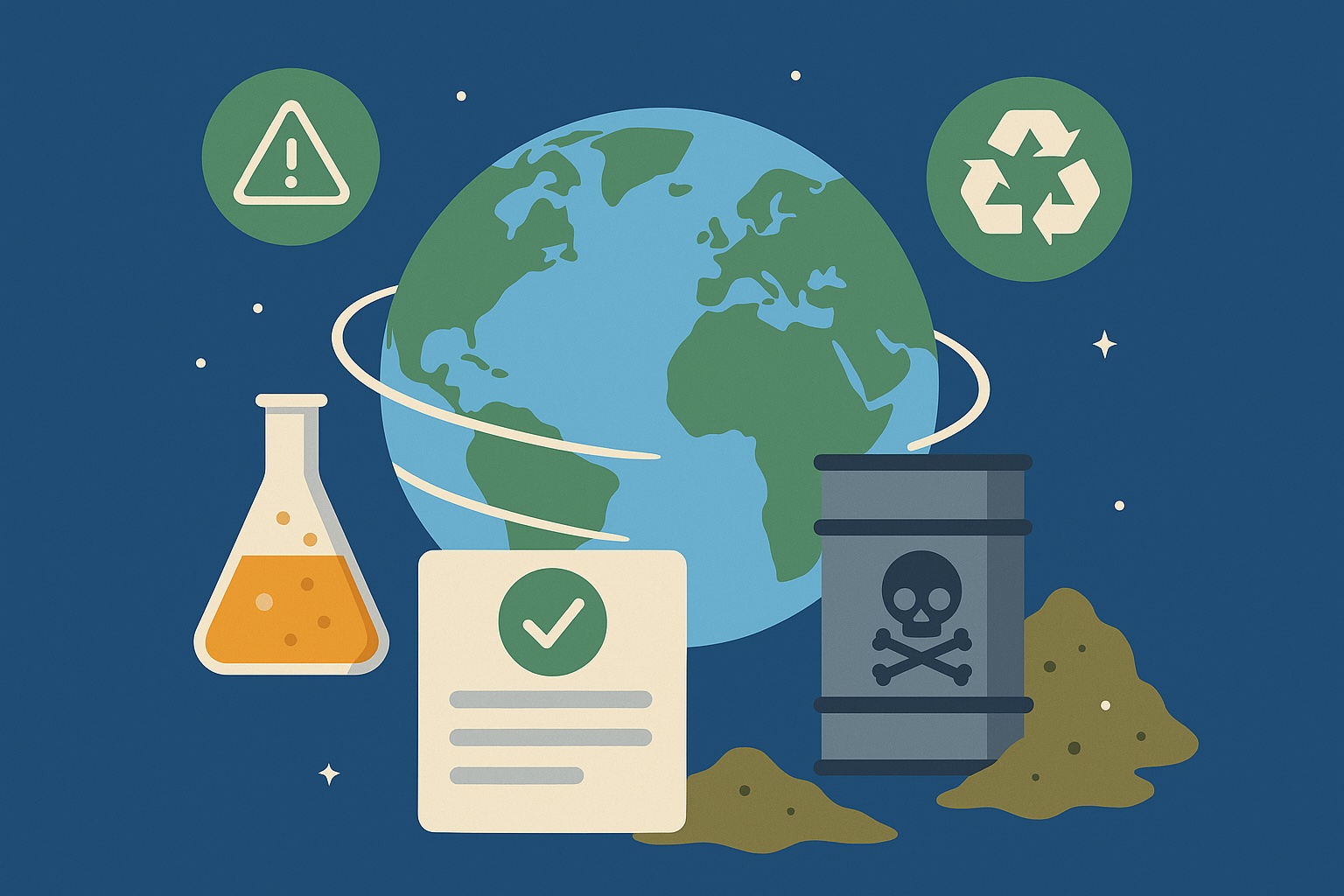June 21– In a major step toward protecting people and the planet, countries have agreed to establish a new global science-policy panel to tackle chemical pollution, waste mismanagement, and environmental degradation.
The new panel, hosted by the United Nations Environment Programme (UNEP), will provide independent, policy-relevant scientific advice on the management of chemicals, waste, and pollution prevention—filling a longstanding gap in global environmental governance.
Negotiations began in 2022 following a resolution by the UN Environment Assembly (UNEA), with the formal agreement reached this week during an intergovernmental meeting held from June 19–20, 2025, in Punta del Este, Uruguay.
The panel’s mandate includes conducting global assessments, identifying knowledge gaps, and translating complex science into actionable policy advice. It will also support national decision-making and conduct horizon scanning to anticipate emerging threats.
“As the impacts of the triple planetary crisis—climate change, biodiversity loss, and pollution—grow more severe, this panel represents a vital tool in delivering science-based solutions,” said UNEP Executive Director Inger Andersen.
“Today we made history. This is the first step in delivering meaningful action to address our global waste and pollution crisis and secure a healthier, safer future for all,” she added.
The panel completes a scientific trifecta alongside the Intergovernmental Panel on Climate Change (IPCC) and the Intergovernmental Science-Policy Platform on Biodiversity and Ecosystem Services (IPBES).
A Critical Step for Environmental Governance
While chemicals play an essential role in daily life, poor management has led to widespread pollution, with serious consequences for human health and the environment. Air pollution is linked to 6.5 million deaths annually, while modern pollution-related deaths have surged by 66% over the past two decades.
Municipal solid waste is projected to rise from 2.1 billion tonnes in 2023 to 3.8 billion tonnes by 2050. The cost of managing this waste was estimated at USD 252 billion in 2020 alone.
By bridging the gap between science and policy, the panel is expected to help governments—especially in developing countries—implement more effective and context-specific interventions.
Next Steps
With the panel officially established, preparations now begin for its inaugural plenary session. Governments will agree on the work programme, strategic priorities, and avenues for stakeholder engagement.
“This achievement proves that even in complex times, environmental multilateralism can deliver. Our task now is to ensure this panel becomes operational and impactful,” said Andersen.
































